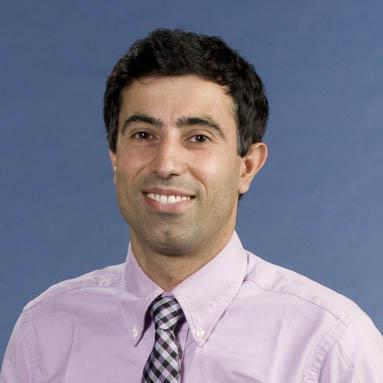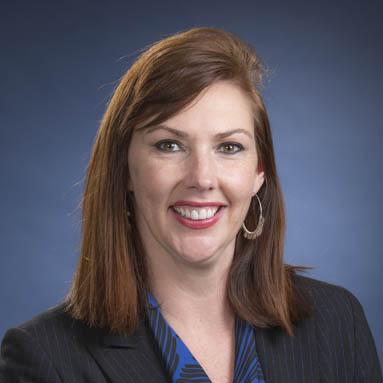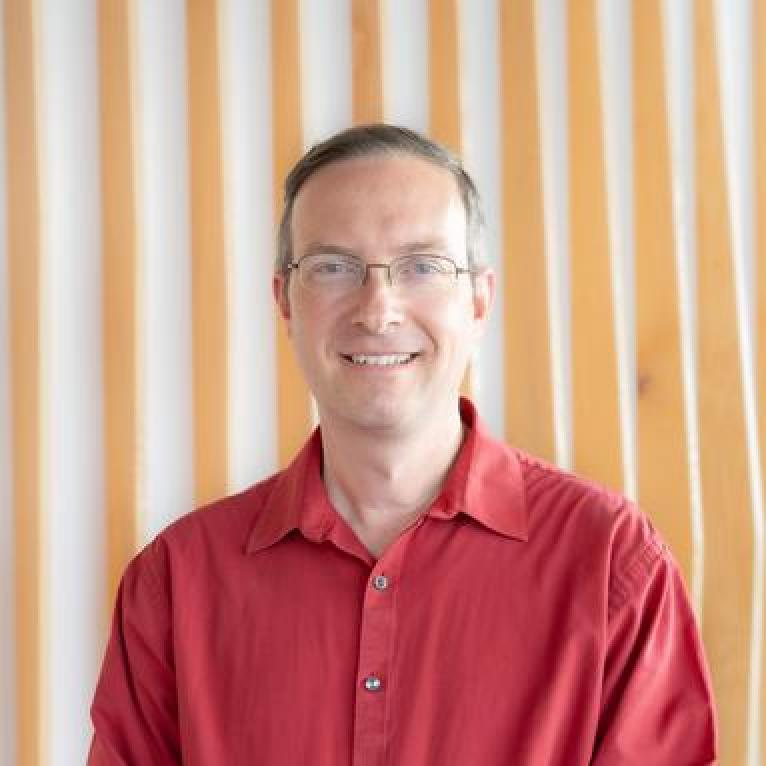
For media inquiries please contact:

Colleen B Wamback
Director of Public Relations

Jon Cain
Senior Public Relations Manager
Need someone quickly?
If you are a reporter on deadline please email experts@wpi.edu or text (774) 701-1902 for assistance.